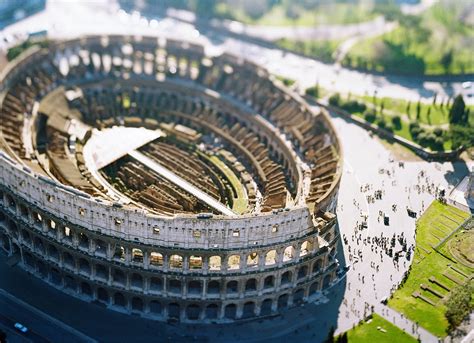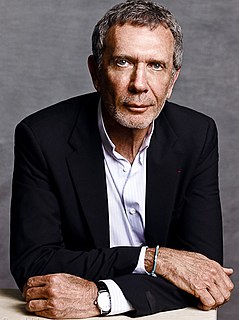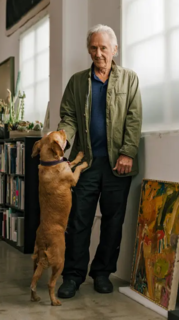A Quote by Olivo Barbieri
I wanted to represent the world as a temporary art installation continuously changing. I wanted to consider it unreal and unfinished, judge and transform it, a possibility that only art gives us.
Related Quotes
What I never wanted in art - and why I probably didn't belong in art - was that I never wanted viewers. I think the basic condition of art is the viewer: The viewer is here, the art is there. So the viewer is in a position of desire and frustration. There were those Do Not Touch signs in a museum that are saying that the art is more expensive than the people. But I wanted users and a habitat. I don't know if I would have used those words then, but I wanted inhabitants, participants. I wanted an interaction.
When I was at art school, a lot of art education is about art being a means of self-expression, and as an 18-year-old I didn't know if I had a huge amount I wanted to express. It was a big moment when I decided I wanted to shift the emphasis or the intention of my art from something I disgorged myself upon and something that actually fed me or made me see the world or understand the world.
I never expected to sell my art. It wasn't like today where you come out of art school and they promise you a future. Now it's almost regulated in a way. When we came out of school, we just wanted to make art that'd blow your hair back and do it for sport. There was no commercial possibility that we saw.































